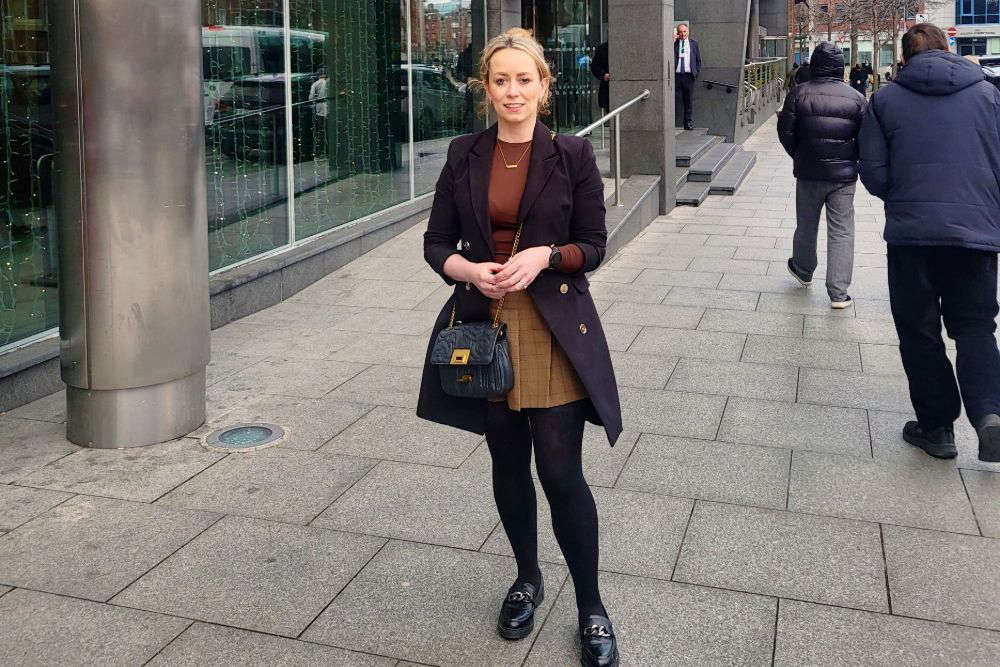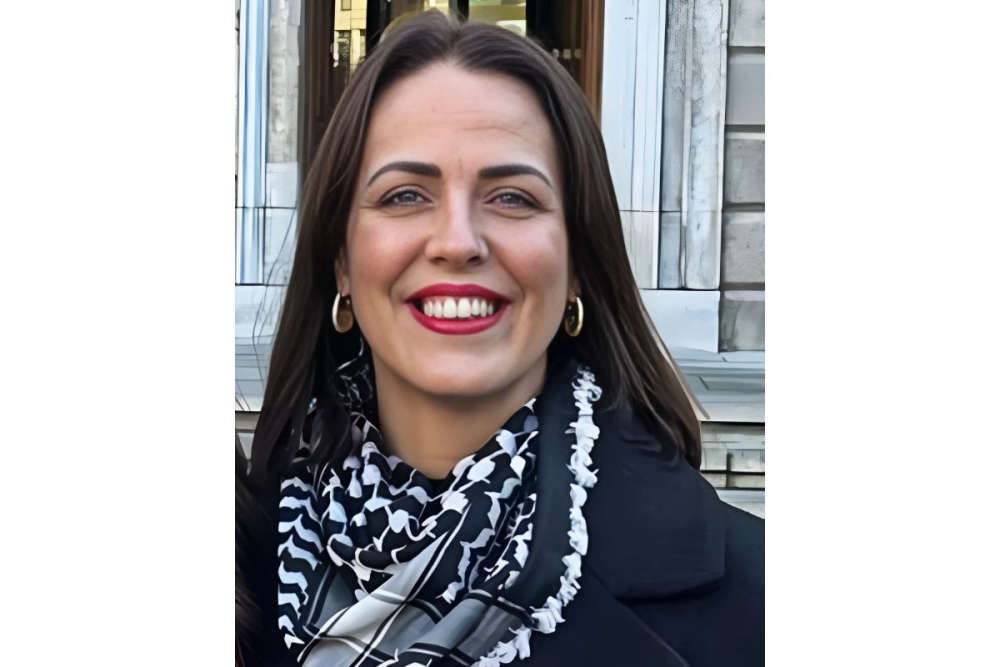
The service covers Laois, Offaly, Westmeath and Longford, as well in the Midlands and Portlaoise Prisons.
Demand for Merchant Quay Ireland's midland service jumped by over 60% between 2019 and 2020.
The homelessness and drugs charity is launching its latest annual report today.
1,298 people accessed MQI's Midlands Service last year - that's up from 787 in 2019.
Its regional operation provides support to individuals and families experiencing problems because of drug or alcohol use.
That includes rehabilitation, needle and syringe exchange, and a community employment scheme.
Of the almost 1,300 individuals helped in the midlands last year, family support was provided to 119 people.
New funding in 2019 allowed MQI to recruit a new Rehab and Aftercare Worker in the midlands - which it says will greatly enhance the work of the service.
The charity operates across Laois, Offaly, Westmeath and Longford, as well in the Midlands and Portlaoise Prisons, and an open door facility is also available on Payne's Lane in Athlone.
In 2020, a location in Tullamore was identified as the new base for the Midlands Service.
Construction was delayed during the covid lockdown, but the service is expected to start operating out of this location by the end of this year.
Today we launch our 2020 Annual Review, which shows that 9,882 people accessed MQI's services last year. @PaulaByrneMQI said: "For women and men who are homeless and struggling with mental health issues and addiction - 2020 was exceptionally difficult." 🔗https://t.co/cfZo7YEe5o pic.twitter.com/mbC0H5dKG6
— Merchants Quay Ireland (MQI) (@MerchantsQuayIR) October 21, 2021
People moving home to the midlands during the pandemic is thought to be one of the reasons for a huge rise in demand for addiction supports.
Merchants Quay Ireland recorded a 61 per cent jump in people accessing its midlands drugs and alcohol services in 2020, compared to the previous year.
Head of Services Sanjay Gulati say they struggled to keep up with an "alarming" increase in demand across the country during the pandemic, with many turning to substance abuse to cope with isolation:


 The Midlands Can Expect Unsettled Conditions Over The Weekend
The Midlands Can Expect Unsettled Conditions Over The Weekend
 We Should Be Mindful Of Our Behaviour At Gigs -Laois Venue Owner
We Should Be Mindful Of Our Behaviour At Gigs -Laois Venue Owner
 Tidy Towns Committee Gets New Members After Holding Emergency Meeting
Tidy Towns Committee Gets New Members After Holding Emergency Meeting
 Housing Commencements Across Midlands Drop In First Quarter Of Year
Housing Commencements Across Midlands Drop In First Quarter Of Year
 Minister of Transport Confirms Intention To Fund N52 Link Road Project In Offaly In 2026
Minister of Transport Confirms Intention To Fund N52 Link Road Project In Offaly In 2026
 HSE Advising People Not To Get Caught On The Hop With Minor Injuries
HSE Advising People Not To Get Caught On The Hop With Minor Injuries
 A Cloudy Easter In Store For The Midlands
A Cloudy Easter In Store For The Midlands
 Earl Of Rosse’s Great Great Great Grand Daughter 'Delighted' With World Recognition
Earl Of Rosse’s Great Great Great Grand Daughter 'Delighted' With World Recognition
 "It Will Help Midlands Families For Generations!"
"It Will Help Midlands Families For Generations!"
 Westmeath Vet Warns Pet Owners Of Chocolate Danger
Westmeath Vet Warns Pet Owners Of Chocolate Danger
 Laois Music Festival Forest Fest Announce 33 New Acts
Laois Music Festival Forest Fest Announce 33 New Acts
 Birr Telescope Moves Step Closer To Becoming UNESCO Heritage Site
Birr Telescope Moves Step Closer To Becoming UNESCO Heritage Site
 Offaly Nurse Urges People To Take Suicide Prevention Training
Offaly Nurse Urges People To Take Suicide Prevention Training
 Health Minister Officially Opens Midlands Primary Care Centre
Health Minister Officially Opens Midlands Primary Care Centre
 LISTEN: Rape Survivor Told She Was Danger To Tourism In Portugal And Should Go Home
LISTEN: Rape Survivor Told She Was Danger To Tourism In Portugal And Should Go Home
 Offaly Arts Centre Celebrates Second Birthday
Offaly Arts Centre Celebrates Second Birthday
 'Laois Road Has Seen Too Many Tragedies'
'Laois Road Has Seen Too Many Tragedies'
 Gardai Out In Force On Roads This Easter Weekend
Gardai Out In Force On Roads This Easter Weekend
 Sinn Féin Is The Most Popular Party In The Country Again
Sinn Féin Is The Most Popular Party In The Country Again
 Midlands Groups To Receive Funding For Older People To Exercise
Midlands Groups To Receive Funding For Older People To Exercise